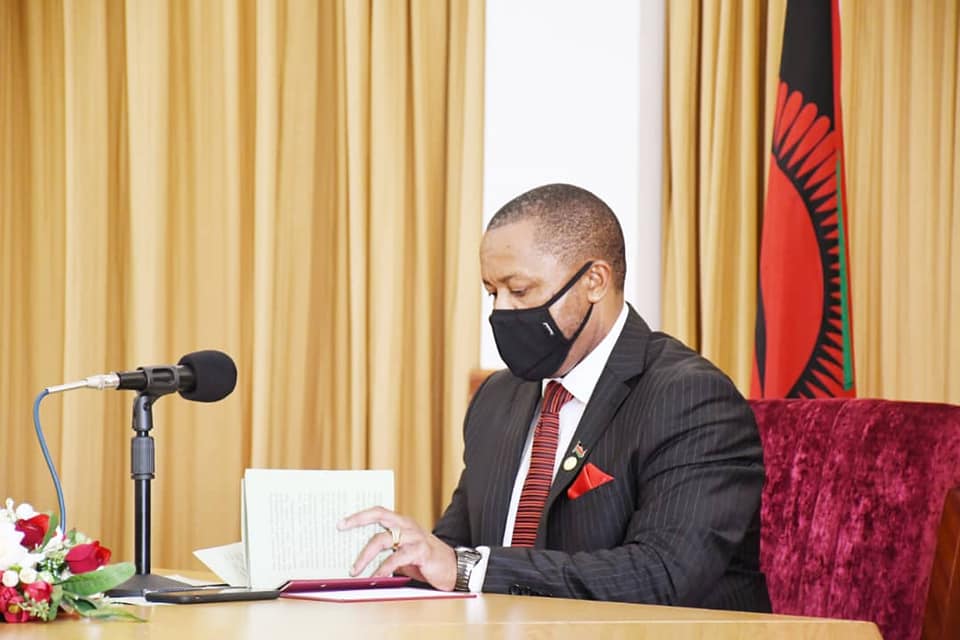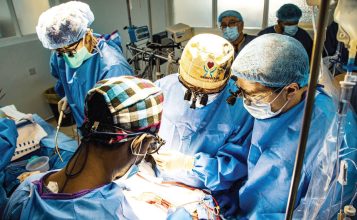Chilima resumes public service reforms appraisal
Vice-President Saulos Chilima today resumes the second phase of his review meetings on public service reforms implementation progress with various organs of government.
The review meetings will start with Chilima, who is also Minister of Economic Planning and Development and Public Sector Reforms, dating officials from Ministry of Agriculture and Ministry of Tourism, Culture and Wildlife.

Yesterday, the Vice-President met officials from the Financial Intelligence Authority (FIA) and National Economic Empowerment Fund (Neef) but the meeting was based on the first phase of reforms progress review meetings which failed to take place last month due to other engagements.
Public Sector Reforms Department spokesperson McCarthy Mwalwimba said yesterday the review meetings serve as an effective monitoring tool for reviewing and tracking the progress and commitment on implementation of reforms by government ministries, departments and agencies (MDAs), parastatals, local councils and constitutional bodies.
During similar meetings held previously, he said it was observed that almost all the ministries and the other public institutions are implementing the reforms with efficiency, effectiveness and professionalism.
Said Mwalwimba: “Some implementing institutions like the Ministry of Local Government and Rural Development, Ministry of Forestry and Natural Resources, Ministry of Trade, Ministry of Gender, Community Development and Social Welfare, Ministry of Tourism, Culture and Wildlife and Ministry of Education, Science and Technology did very commendable work.
“The general view is that the impetus to implement reforms exists in all the public intuitions. They have shown great passion and commitment to implement reforms.”
Among others, he cited local councils which he said showed commitment to implement reforms aimed at improving urban centres, leading to the creation of secondary cities, promoting industrialisation, promoting tourism and agricultural commercialisation, and full utilisation of natural resources available in their respective districts.
Mwalwimba further said all the reforms being undertaken by the public institutions are being aligned with the Malawi 2063 whose three pillars are agricultural productivity and commercialisation, industrialisation and urbanisation.
Launched on January 19 this year, the Malawi 2063 replaces Vision 2020 and envisions turning Malawi into an upper middle-income nation 42 years from now.
A middle-income country is the one whose gross national income (GNI) ranges between $4 046 (K3.3 million) and $12 535 (K10 million).
An official at the Public Sector Reforms Department confided in The Nation that the public institutions undergoing reforms are appraised using two modes of assessment. Recently, a governance expert Augustine Magolowondo told The Nation that public sector reforms are the most crucial reforms to be undertaken if socioeconomic and political transformation is to be achieved in the country.





